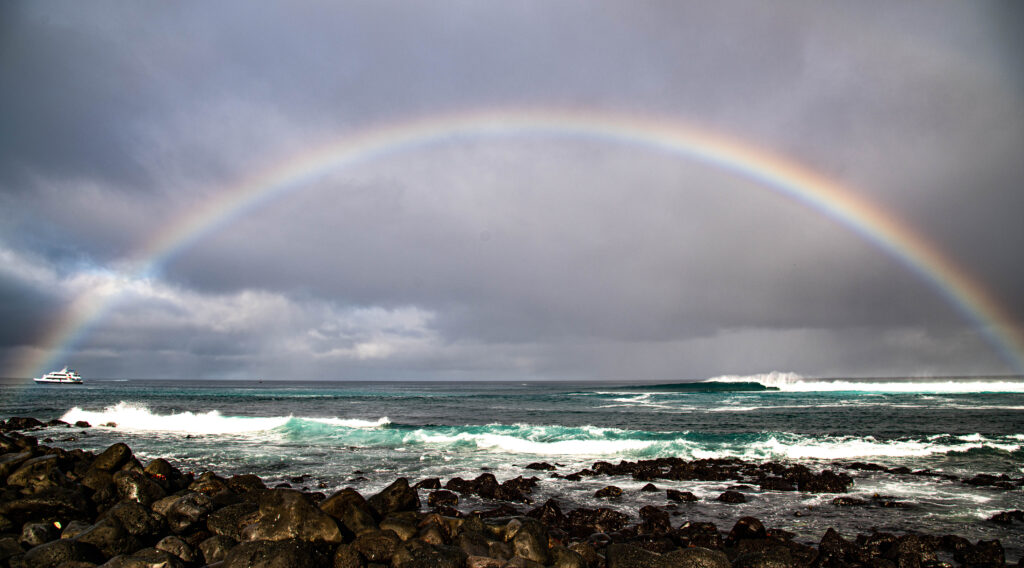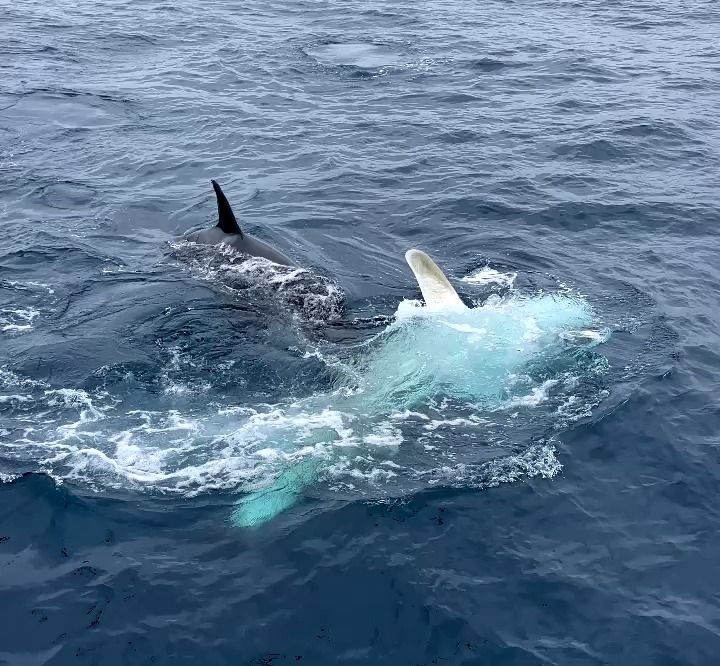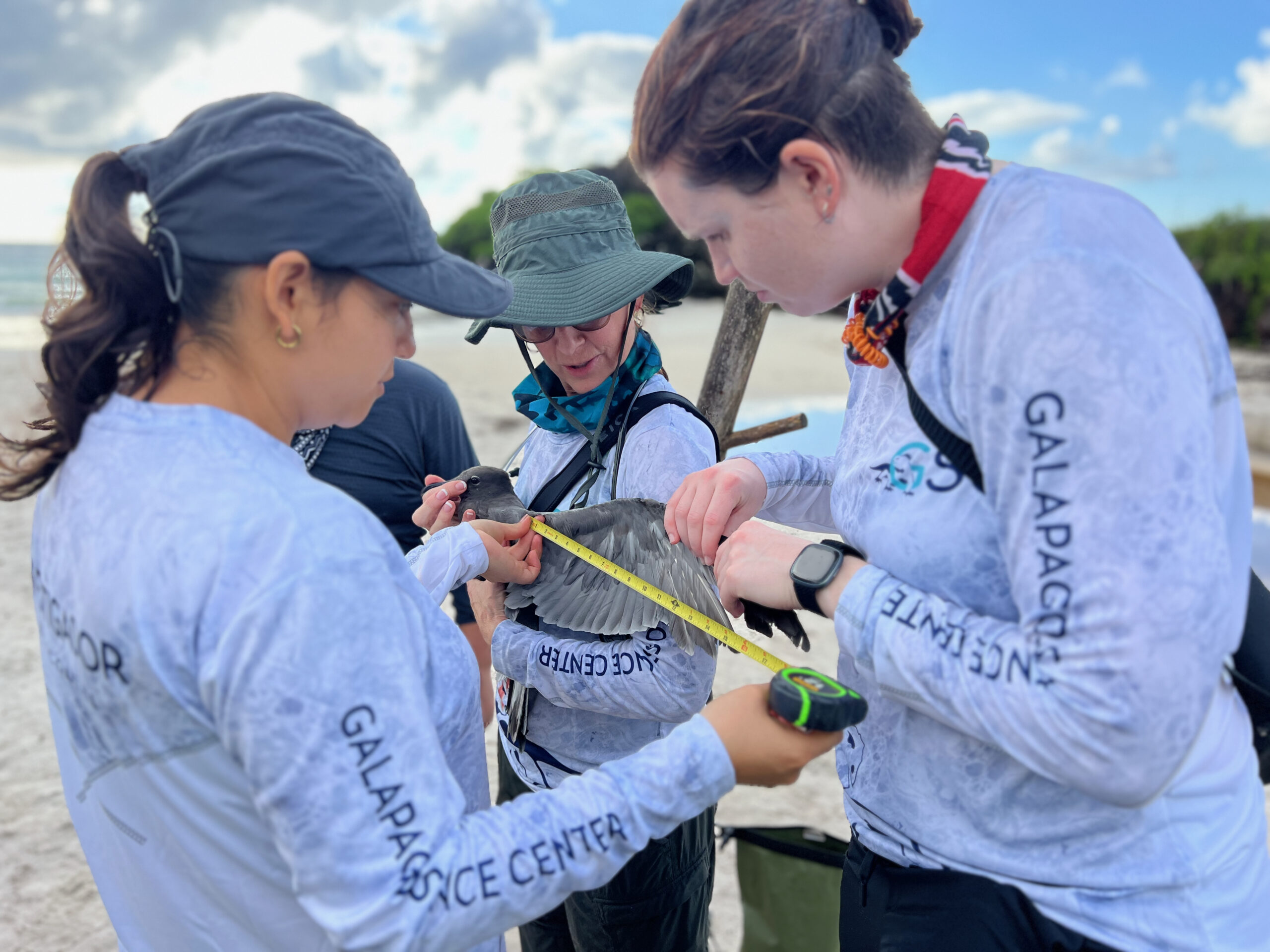A rainbow stretches across Punta Carola Beach in San Cristobal, Galapagos. (Photo by Alexander Custer
The $600,000 gift will help fund citizen science projects and create more student field experiences.
Chapel Hill, North Carolina (Nov. 5, 2024) — The UNC Center for Galapagos Studies has received a $600,000 contribution from Royal Caribbean Group to support research and learning initiatives, enabling the expansion of research projects, community outreach programs and student engagement. The UNC Center for Galapagos Studies partners with the Universidad San Francisco de Quito (USFQ) to operate the Galapagos Science Center, located on San Cristobal Island. It is the only university science facility of its kind in the archipelago.
Royal Caribbean Group connects its guests to the Galapagos Islands and its vibrant communities on immersive itineraries aboard its Celebrity Cruises and Silversea ships in the region. Dedicated to delivering a lifetime of vacations for its guests, the company is committed to celebrating and supporting the communities that make up this natural marvel.
“I am proud Royal Caribbean Group gets to play a part in advancing UNC Center for Galapagos Studies’ vision to expand local programs and make transformative experiences available to more dreamers and innovators,” said Jason Liberty ’15 (MBA), president and CEO of Royal Caribbean Group. “UNC has a long history of providing the world with pioneers and passionate thinkers. I take pride in announcing this gift that will help fund more student field experiences, innovative research projects and training opportunities for residents.”
The gift will fund three Galapagos Science Center projects:
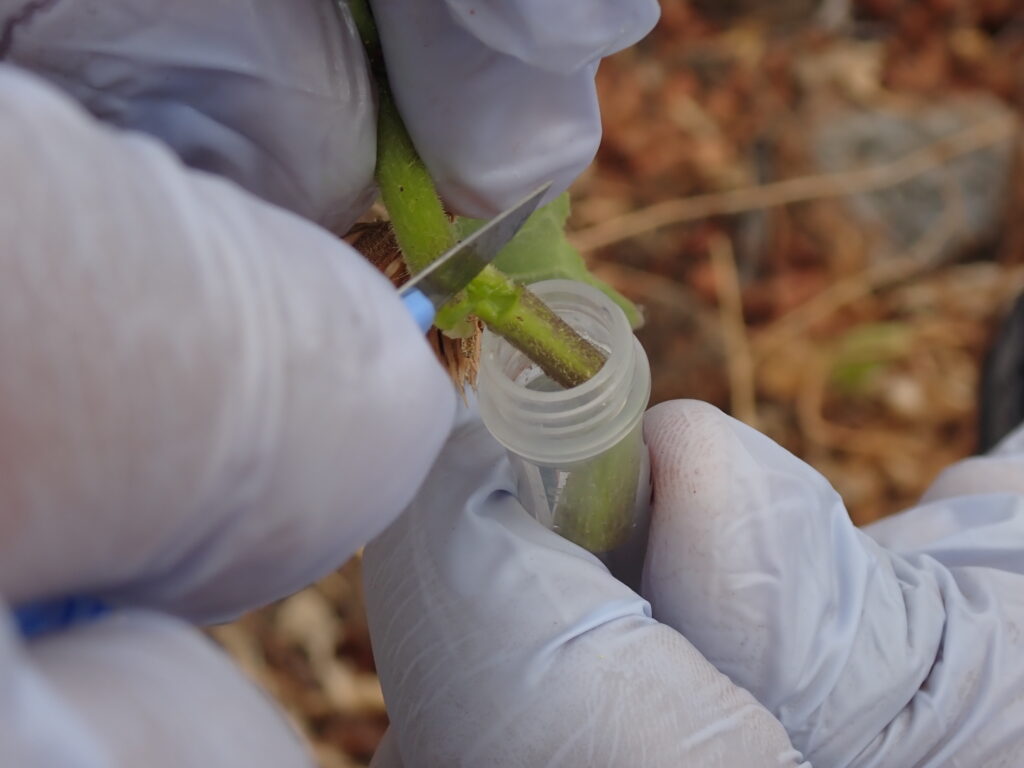
Galapagos Barcode Project:
Initiated in 2020 when COVID-19 halted tourism and left many locals without employment, the Galapagos Barcode Project is the most ambitious citizen science project to be launched on the island, providing scientific training and employment to residents. Participants worked to catalog the incredible biodiversity of the islands, collecting thousands of plant, soil, water and animal samples for processing. The project’s funding has previously lapsed, but $300,000 of this gift will help the project re-launch and expand. It will also integrate with the Galapagos Science Center’s Biobank, which preserves the genetic resources of the region’s existing biodiversity.
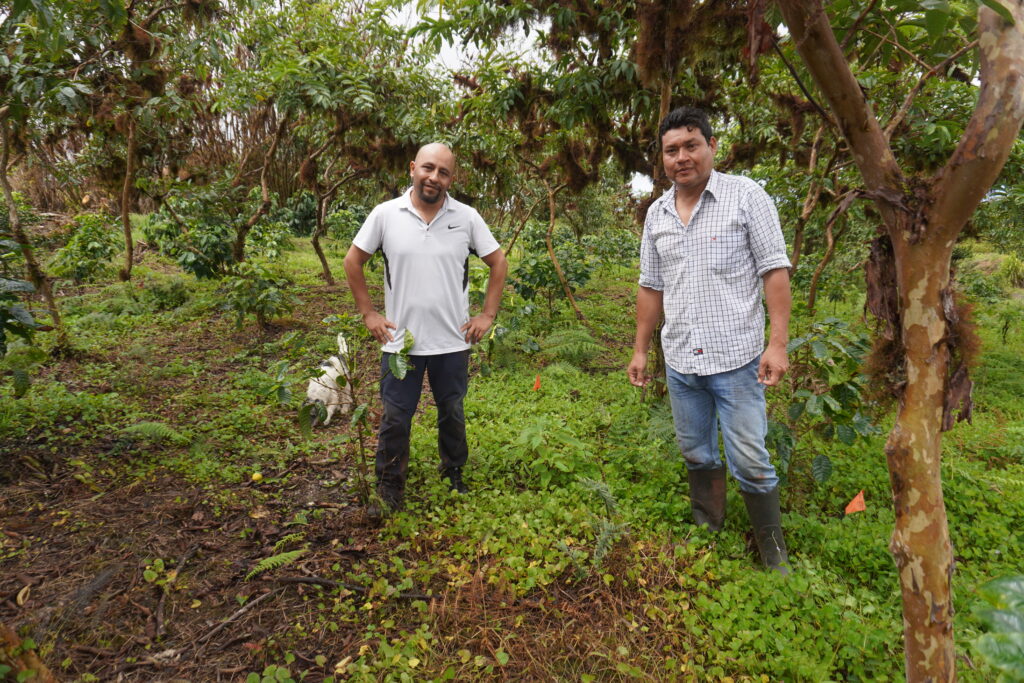
Reactivating the Economy Through Science, Community and Work (REACCT) Program:
The REACCT program was created to benefit local communities on San Cristobal Island while enhancing the understanding of topics that UNC-Chapel Hill and USFQ researchers are currently studying in the Galapagos Islands. Royal Caribbean Group’s gift will provide $120,000 in seed funding for innovative projects submitted to REACCT by local community members. The Projects will focus on areas such as food security and nutrition; biodiversity monitoring that includes the impact of plastics and microplastics; and reactivating agricultural highlands.
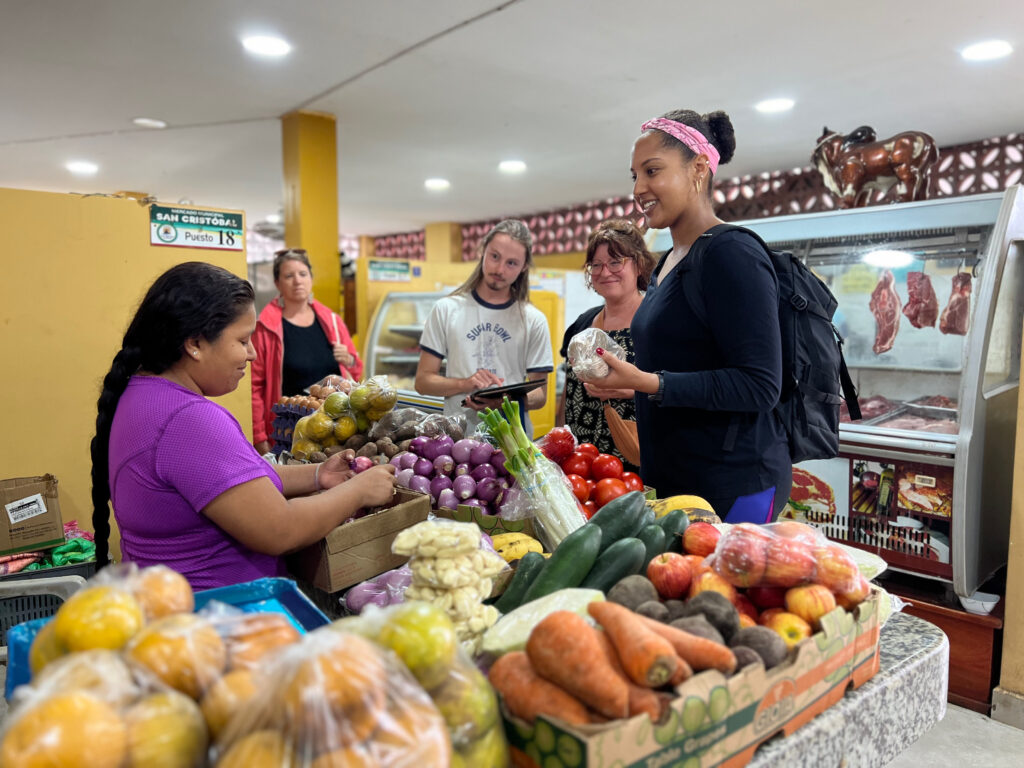
Field-experience support for students:
$180,000 of the gift will provide field-experience support for students from UNC-Chapel Hill to study in the Galapagos. It will enable collaboration among undergraduates from both universities and the local community to work on research projects and receive training and mentorship. Through this funding more students will be able to study in the Galapagos’ unique ecosystem; gain valuable experiences in the classroom, field and lab; and have a transformative global experience while advancing science and conservation efforts.
“The people and vulnerable ecosystems of Galapagos will be the main beneficiaries of this funding, because it supports human development through sustainable entrepreneurship and monitoring and protection of biodiversity in an area under human pressure,” said Carlos Mena, co-director of the Galapagos Science Center.
This contribution demonstrates Royal Caribbean Group’s continued commitment to their SEA the Future initiative, which drives the company’s efforts to sustain the planet, energize communities and accelerate innovation.
“At Royal Caribbean Group, we deeply value the opportunity to support and celebrate the communities we visit,” said Gabriela Naranjo, vice president and regional director of the Galapagos, Royal Caribbean Group. “We are especially excited to contribute to the growth of local programs through the UNC Center for Galapagos Studies because we see how our shared passion to advance research and community outreach will inspire future generations.”
“This funding provides a fantastic opportunity to expand the work of the Center for Galapagos Studies and the Galapagos Science Center, allowing more Carolina students to have a transformative research experience alongside students from USFQ and the Galapagos and bolster the important research we’re doing to preserve the biodiversity of this iconic location,” said Amanda Thompson, director of the UNC Center for Galapagos Studies and co-director of the Galapagos Science Center. “This support is vital for training the next generation of scientists and protecting the island ecosystem.”

